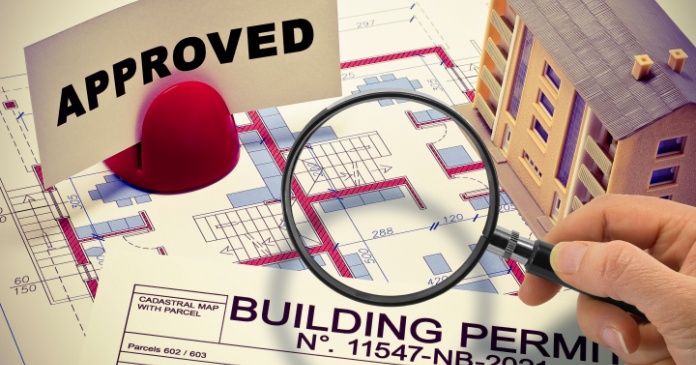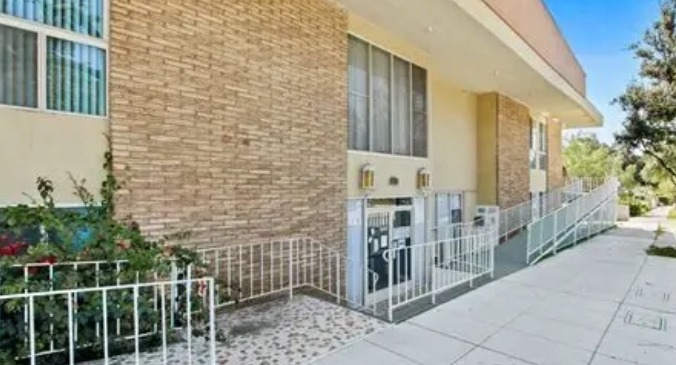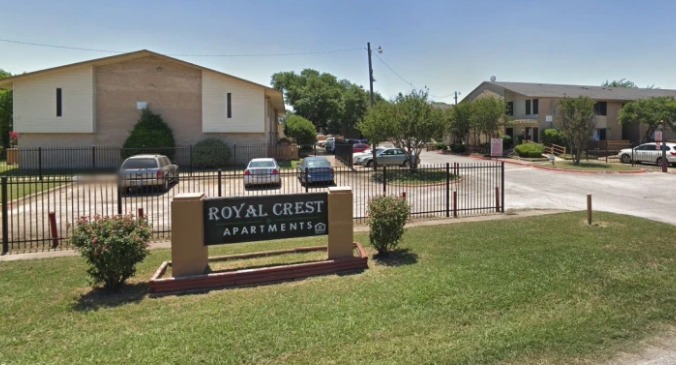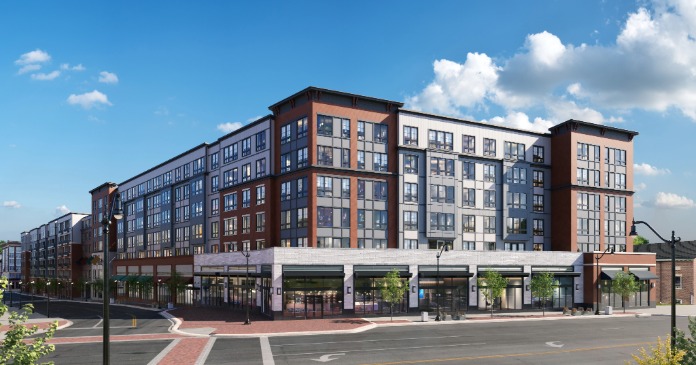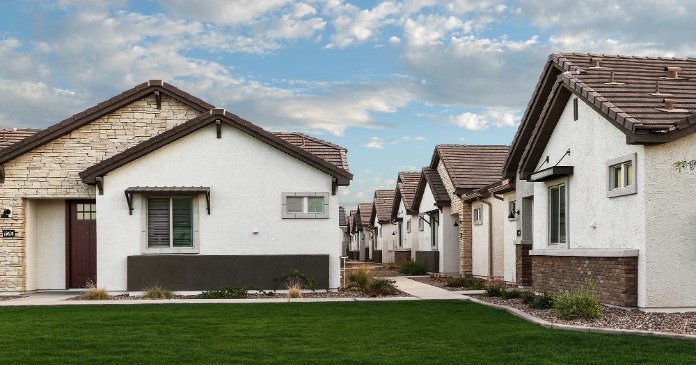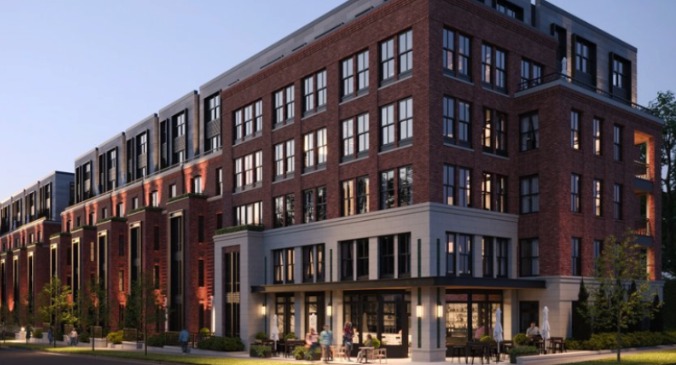The National Association of Home Builders (NAHB) today urged the House to oppose to H.R. 3962, the Energy Savings and Industrial Competitiveness Act of 2019, warning that the legislation would exacerbate the nation’s housing affordability woes.
Testifying on behalf of NAHB before the House Energy and Commerce Subcommittee on Energy, Arn McIntyre, a green builder from Grand Rapids, Mich., said that several provisions in H.R. 3962 would needlessly raise home construction costs while doing little to boost energy efficiency in the housing sector.
“This legislation would harm housing affordability as a result of its mandates for overly costly and aggressive energy efficiency requirements to be included in model building energy codes,” said McIntyre. “NAHB is also concerned that the bill will expand the federal government’s authority over state and local governments’ prerogatives to adopt cost-effective and location-appropriate building codes.”
With the nation in the midst of a housing affordability crisis, McIntyre added that H.R. 3962 would worsen the problem by:
- Focusing on initiatives that will increase costs for new housing and buildings while ignoring the existing older structures, which constitute more than 80 percent of the U.S. building stock and are responsible for an even greater portion of greenhouse gas emissions and energy consumption;
- Failing to establish reasonable criteria for technology readiness or meet the economic payback period expected by the consumer (less than 10 years) for any minimum code requirement or proposal supported or initiated by the Department of Energy (DOE);
- Empowering the DOE to advocate for overly prescriptive, not fully vetted, and costly energy targets for new residential buildings; and
- Authorizing the DOE to impinge on the states’ abilities to customize model codes to meet their specific jurisdictional goals to improve building performance.
“NAHB wants to work as a partner with all levels of government to encourage energy efficiency,” said McIntyre. “However, we must all work together to ensure housing affordability is not jeopardized in the process. Therefore, NAHB urges Congress to focus on solutions that are market driven, such as above code voluntary programs and other incentives, and to focus on increasing the energy efficiency of the existing housing stock.”




